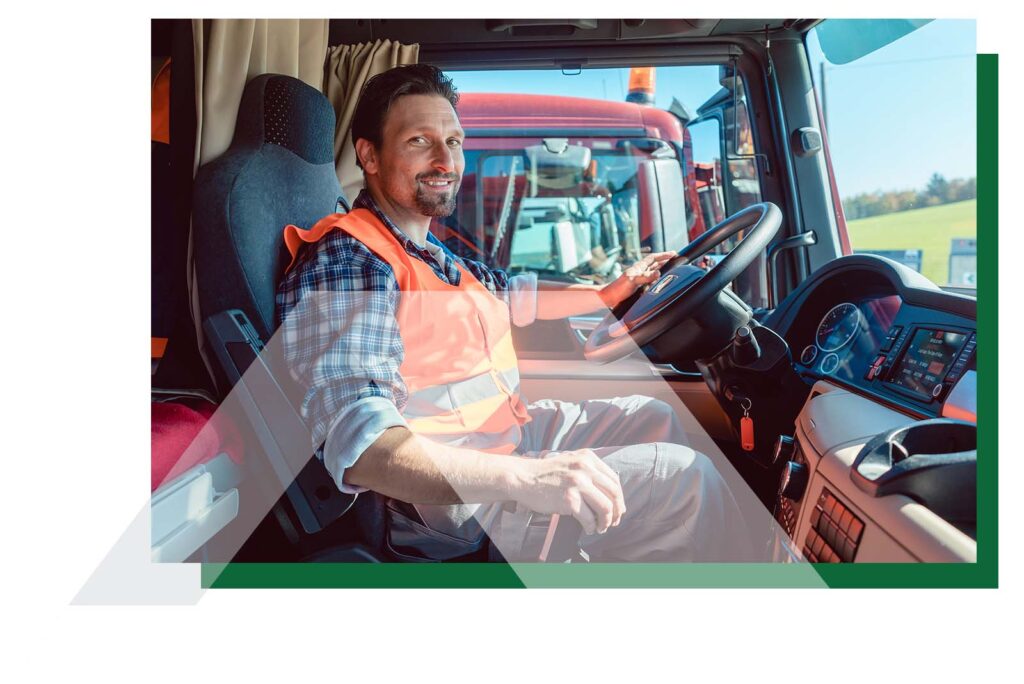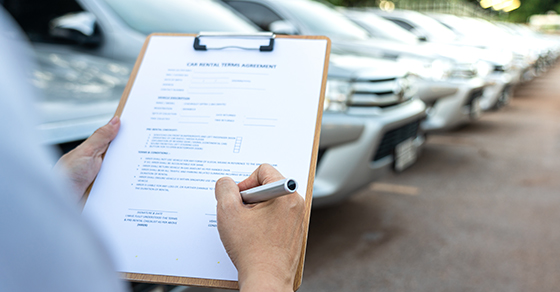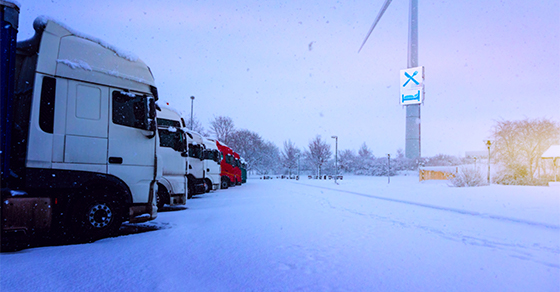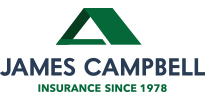- Home
- Our Solutions
- Commercial Auto Insurance
Commercial Auto Insurance in Ontario
What You Need To Know
In Ontario, Most businesses rely on automobiles in their daily operations. There are potential exposures that arise when automobiles are used for business purposes that are different to personal automobile risks and generally require a separate insurance policy. Financial loss arising from the use of automobiles should not be overlooked by any business.

Commercial auto insurance in Ontario is essential for any vehicle that is being used for transportation of materials, tools, equipment, package goods, or people.
What is the benefit of commercial auto insurance?
- Small business owners and independent contractors need to protect themselves from third-party liability and property damages.
- Personal car insurance policies typically do not cover business vehicles.
What does commercial auto insurance cover?
- Protection if you injure or kill someone or damage their property in an accident.
- If you are partially at fault when involved in an accident, DCPD covers your vehicle, its attached contents (such as a dashboard infotainment system), and the loss of use of your vehicle.
- You would deal with your commercial auto insurance provider directly rather than negotiating with the other driver.
- If you are injured in an auto accident in Ontario, accident benefits cover your medical bills and rehabilitation regardless of fault.
- In the event of an uninsured driver accident or a hit-and-run, your uninsured auto coverage will reimburse you.
Additional commercial coverages
- You can repair or replace your vehicle if you are at fault. Repairs are on you without coverage.
- Protection against a natural disaster, vandalism, and theft.
- All-perils coverage: collision and comprehensive coverage combined.
- A household member or employee steals the vehicle.
Specified perils coverage
- theft or weather-related damage such as hail.
Three common commercial automobile exposures are:
1. Owned Automobiles
- Private Passenger Autos (Private Passenger Autos used for commercial purposes)
- Commercial Vehicles (Trucks, and Delivery Vehicles)
- Public Autos (Buses, Taxis)
2. Non-Owned Automobiles
- Owned by an employee (used to perform work tasks)
- Hired or leased automobiles
- Vehicles operated under contract for the insured
3. Garage Risks
- Automobile Dealers
- Repair Garages
- Service Stations
Commercial auto policies can be written on either a scheduled basis meaning all vehicles are identified as to make model serial number etc. or they can be written as a fleet. Usually, a fleet consists of a minimum number of vehicles typically 4 or more. Larger fleets can also endorse their policy with a 21B (blanket Fleet Endorsement)
Contact James Campbell Insurance Brokers to gather the appropriate information about what insurance options are available for you and your business.
Let James Campbell Insurance Help You With Your Insurance Today
At James Campbell, we put you first. Our clients are our top priority and the backbone behind everything we do.
We can help provide you with protection from insuring your first car, your first home or business or even giving you protection during your retirement travels. Whatever you need coverage for, we’ve got your back. We will make sure that you are ready to live a life free of stress or worry so you can focus on life’s important moments each and every day.
James Campbell Insurance Brokers have been taking care of our members in Ontario for over 40 years. This is why we are able to make insurance easy by offering you the right solutions at the right times. Our solutions are tailored to fit your individual needs, no matter what they may be.
RELATED BLOGS

Why Commercial Auto Insurance Is Necessary for...
Posted By James Campbell Authors on 09-05-2022
Securing proper commercial auto insurance is an absolute must if vehicles are used... READ MORE

The Main Differences Between Personal and...
Posted By James Campbell Authors on 17-01-2022
Auto insurance is essential when it comes to protecting your car from any damage.... READ MORE

Commercial Auto vs. Commercial Fleet Insurance
Posted By James Campbell Authors on 31-08-2022
Vehicle insurance, sometimes known as auto insurance, is one of the most widely used... READ MORE

Commercial Trucking: 7 Winter Driving Safety Tips
Posted By James Campbell Authors on 07-12-2022
When wintertime arrives, commercial trucking becomes quite challenging for its... READ MORE

Commercial Auto FAQs
Commercial auto insurance is insurance to cover your vehicle when it is being used for commercial purposes which may include carrying tools or materials to job sites. Typically, vehicle ownership is registered under a company name. In Ontario, If you are using your vehicle for work-related activities, such as a role in sales or consulting where you may be visiting more than one client in a day, this would be considered “Business Use.” It is important to be honest and upfront about how you are using your vehicle to ensure you are properly covered in the event of a loss.
There are different types of commercial auto policies depending on the size of your fleet. If you operate a small business in Ontario with a single or limited number of vehicles, they are typically insured on an individually rated commercial auto policy. This means that all drivers and vehicles must be listed on the policy and are rated separately, and each driver is assigned to a vehicle. Changes made to drivers and vehicles on an individually rated auto policy must be sent into the insurance company to be recorded as they happen.
If you operate a large business with a fleet of vehicles, these may be insured under a blanket fleet policy, also known as a 21B. With a blanket fleet policy, changes throughout the policy term are recorded with your broker and there is an adjustment made at the end of the year based on the number of vehicles and drivers added and/or deleted.
The use of your vehicle will determine whether you require commercial or personal auto insurance in Ontario. You may ask yourself the following questions:
- Do you commute to the same location to work daily?
- Do you only use your vehicle to run personal errands, to meet friends, or for pleasure drives?
- Is your vehicle registered in your name personally?
If the answer is yes to these questions, personal auto insurance sounds right for you.
Other questions to consider include:
- Are you a business owner or sole proprietor of a company?
- Is your vehicle registered in a company name?
- Do you use your vehicle for business purposes such as visiting more than one client in a day or are you getting paid as part of your job to carry others in your vehicle?
- Do you carry tools and materials in your vehicle?
- Do you haul loads or deliver products?
If you answer yes to any of these questions, you will likely need commercial auto insurance.
Several factors determine how your commercial vehicle is rated things to consider are;
- The gross vehicle weight
- Driver Insurance History
- Driver Experience (with similar commercial vehicles)
- Radius of the operations
- Type of business operations
- Loss History
These are just a few factors that help determine your commercial auto insurance premiums.

